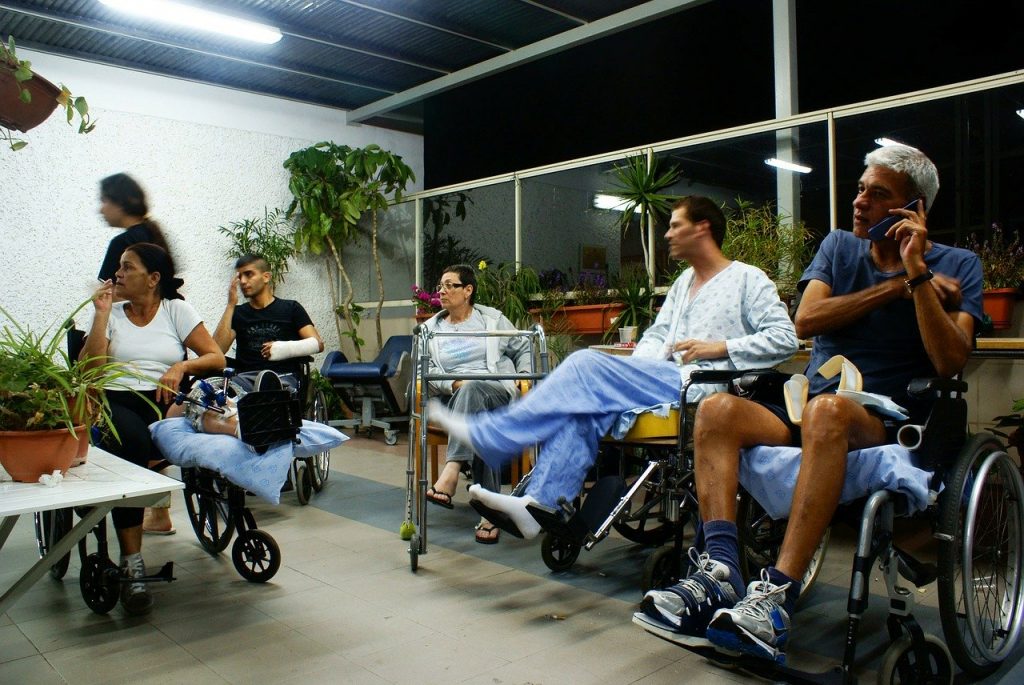Working to serve the Disabled

Working at disabled centres can be challenging and requires a mix of emotional and professional skills. Finding the right people to do the work is another challenge as more often, they quit the task midway or they might just not be the right one for the job. But having said that, if you follow a complete screening of the interested candidates before providing them with the volunteering task, you can continue working with them for a long time with great results. These are some of the things to keep in mind:
First, understand their objectives
People take up volunteering for different reasons. Some do it just to add in their resume, while others do it to give back to society. Some might even do it because serving elderly people reminds them of serving their parents. Their interest in the work can be traced back to their objective. Also, if you help them fulfil their objective consistently, chances are that they will commit to you for a longer-term. Note that they need to be emotionally convinced to do the work because such is the nature of handing disabled people.
Patience
Disabled people cannot carry out tasks like ordinary people. They need their own time and space. More often, they also go through some form of emotional imbalance because of their inability because of which talking with them, making them do something is harder. In such situations, the volunteer must not lose patience as that will only worsen the condition of the patient. He/she must keep their calm and try out different and effective methods to achieve their tasks with the disabled.

High Emotional Quotient
This parameter is increasingly being accepted by companies too as one form of assessing the emotional capability of the candidates. Disabled people more often have unfortunate stories and seeing them suffer on a regular basis can be emotionally distressing. The volunteering candidate must be able to not break down in such situations and keep themselves composed throughout the work. Also, they need to be able to invest their emotions and effort consistently regardless of how their personal life is spanning out.
Friendly
Not only does the volunteering require them to complete their tasks on time, but there must be healthy and friendly interaction between the disabled people and the volunteers. For this to happen, the candidate must be socially open and must have the right skillset to strike conversations with such people. In some cases, knowing the local language helps because it creates a sense of relatability. You need to always have a friendly, easy-to-approach attitude when working in shared supported accommodation performing services for the disabled.
Open to Criticism
This is common trait recruiters look for across all fields and it stands true for this as well. Volunteering is not something that is explicitly taught to many candidates. So, they are bound to make some mistakes or have some shortcomings. During such times, they must be able to take feedback from the volunteer organization and work on it consistently. The candidates must never behave at any point in their work that they are doing a favour on the volunteer program by working for them.
So, these are some of the basic traits which need to be ensured in every candidate for working within a disability centre. Take your time out to screen them well, because having the right person to work with can make a significant difference to the overall environment of the centre.




